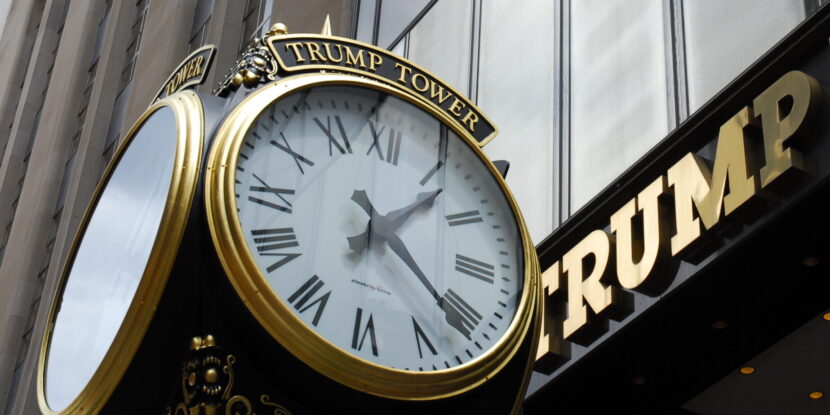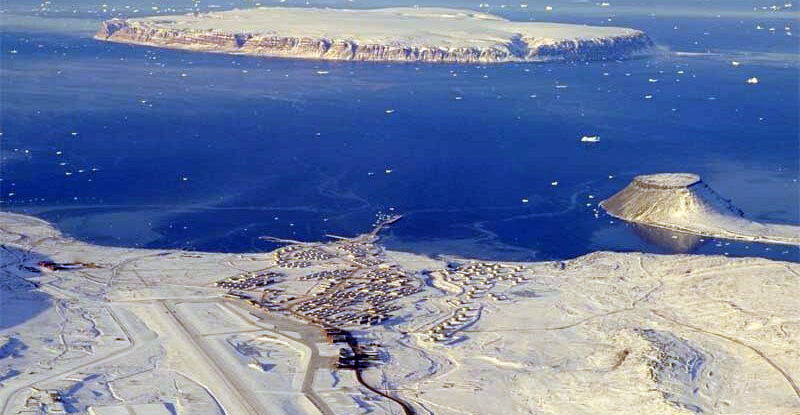President Donald J. Trump has signaled the possibility of imposing tariffs on European Union (EU) imports following similar actions against Canada and China. Tariffs on Mexico, originally part of the same executive order addressing Canada and China, were delayed by one month on Monday after Mexico’s President Claudia Sheinbaum announced she would send 10,000 Mexican National Guard to help secure and prevent the flow of fentanyl over the U.S. southern border.
Speaking with the press in Maryland as he returned to the White House from a brief trip to Florida, Trump said the imposition of tariffs on the EU could happen “pretty soon.” While the measures enacted against Canada—and potentially Mexico—are aimed at pushing the two countries neighboring America to crack down on the cross-border illicit drug trade and illegal immigration, tariffs against the EU would be more likely intended to end its trade imbalance with the U.S. in the automobile and agricultural sectors.
“They don’t take our cars, they don’t take our farm products, they take almost nothing and we take everything from them. Millions of cars, tremendous amounts of food and farm products,” President Trump said, clarifying that the United Kingdom would likely not face similar measures as the EU thanks to Brexit. While the President does contend that some British trade practices are “out of line,” he emphasized that a trade deal with Prime Minister Keir Starmer can be worked out.
EIGHTY YEARS OF UNFAIR TRADE.
The EU has expressed strong opposition to Trump’s tariff strategies against Canada, Mexico, and China, promising a response if targeted. Notably, the United States has a significant trade deficit with the EU’s leading economy, Germany.
Since the end of World War II, the American government has allowed Germany to maintain high tariffs on U.S. automobiles and steel without retaliation. The policy—established under the Marshall Plan in 1948—was intended to rebuild the German economy and prevent it from falling under the influence of the Soviet Union.
Today, the German economy is the largest in Europe and the third-largest in the world, and the Soviet Union no longer exists.




















